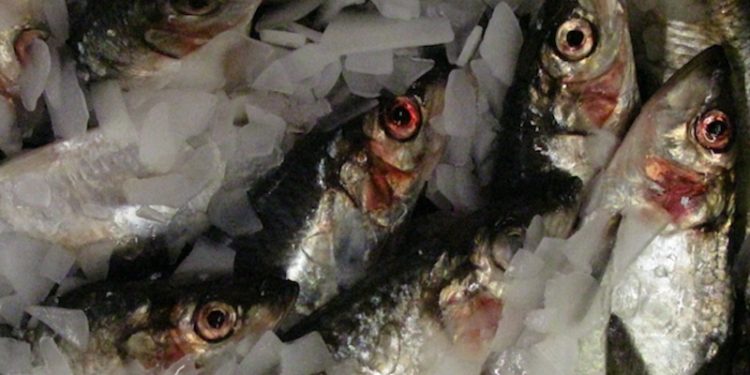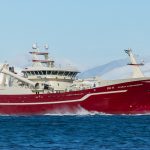Coastal states have agreed on the management of herring and blue whiting in 2019, but have failed to reach agreement on the individual shares for each nation. Next year’s Atlanto-Scandian herring TAC is decided at 588,562 tonnes, up on the 2018 TAC of 435,000 tonnes, and blue whiting TAC is 1,143,629 tonnes, slightly down on the 2018 figure.
‘I’m pleased that we have agreed on a new plan that ensures sustainable exploitation, and a somewhat higher herring catch,’ said Norway’s Fisheries Minister Harald Tom Nesvik.
‘I am disappointed that Norway, the EU, the Faroe Islands, Iceland and Russia have not been able to agree on the allocation of shares.’
Norwegian vessel operators’ federation Fiskebåt is also satisfied that an agreement on overall TACs is in place.
‘We are pleased that agreement has been reached, even if the agreement in practice is not followed. There is reason to expect that the total exploitation of Atlanto-Scandian herring and blue whiting will be higher than the total quotas,’ predicted Fiskebåt director Audun Maråk, commenting that Iceland, the Faroe Islands and the EU opposed the establishment of a working group linked to a potential scientific report on zonal attachment of Atlanto-Scandian herring.
‘These nations expect that such a report would not support the quota shares that Iceland, the Faroe Islands and the EU have today,’ he said.
He added that Russia, which did not attend the last negotiation meeting, has supported the proposal.
‘I think it’s worrying that the other parties will not participate in work that can help us solve the distribution issue, thus ensuring sustainable management,’ Harald Nesvik said.
Negotiations are set to continue on mackerel in the next few days and Fiskebåt hopes to see a continuation of the present agreement between the EU, the Faroe Islands and Norway.
‘Iceland’s share requirement is so high that we can not recommend an agreement that includes Iceland. It is also worth noting that there are significantly less mackerel in the Icelandic economic zone than before,’ Audun Maråk said, adding that this trend is expected to continue.









